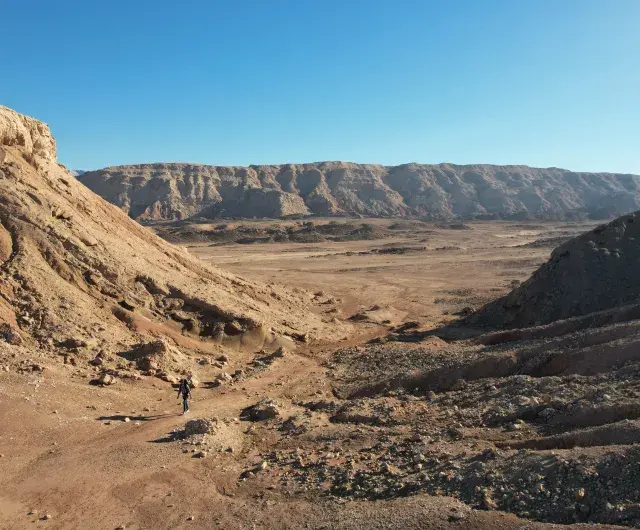Climate change is causing numerous challenges in Iraq, including prolonged heat waves, low rainfall, reduced cultivable land, increased soil salinity, reduced water flow in cross-border rivers, and more intense dust storms. The southern regions, such as Basra Governorate, are expected to be most affected. The steady reduction in water levels of the Tigris and Euphrates rivers, compounded by droughts, has reduced marshes and led to over half of the agricultural land deteriorating.





